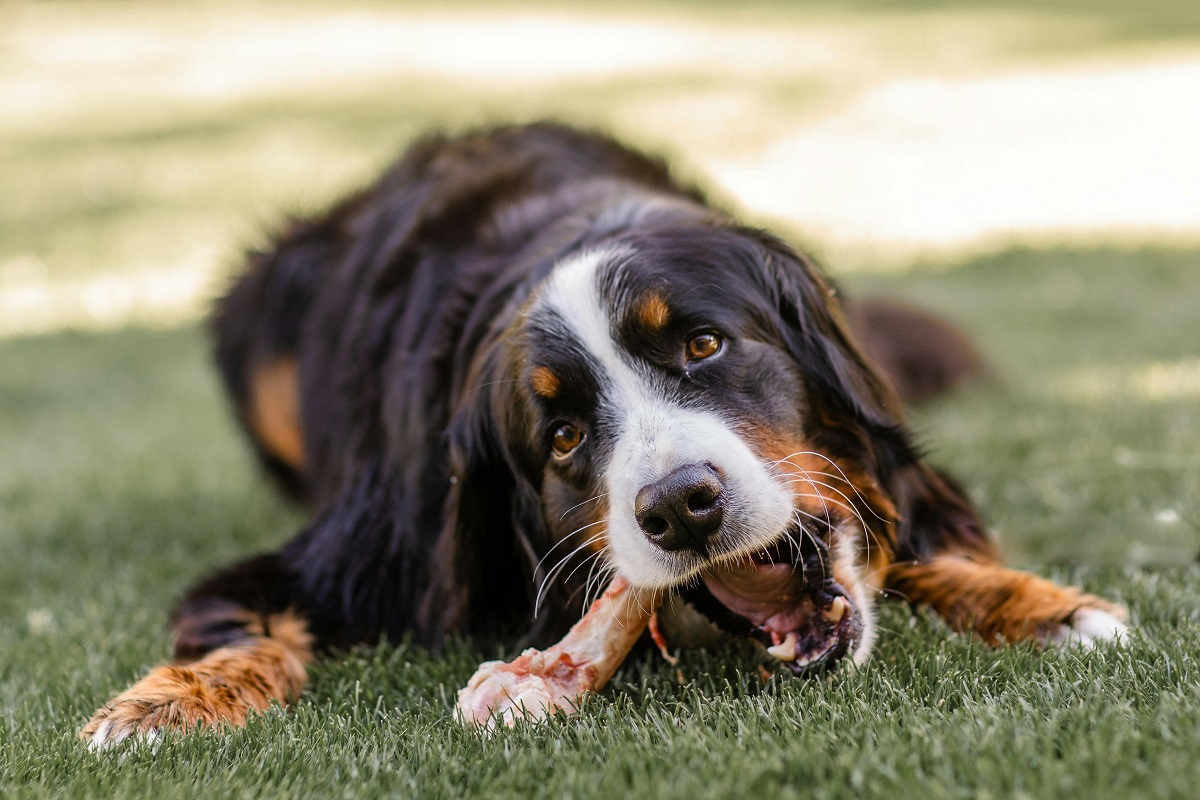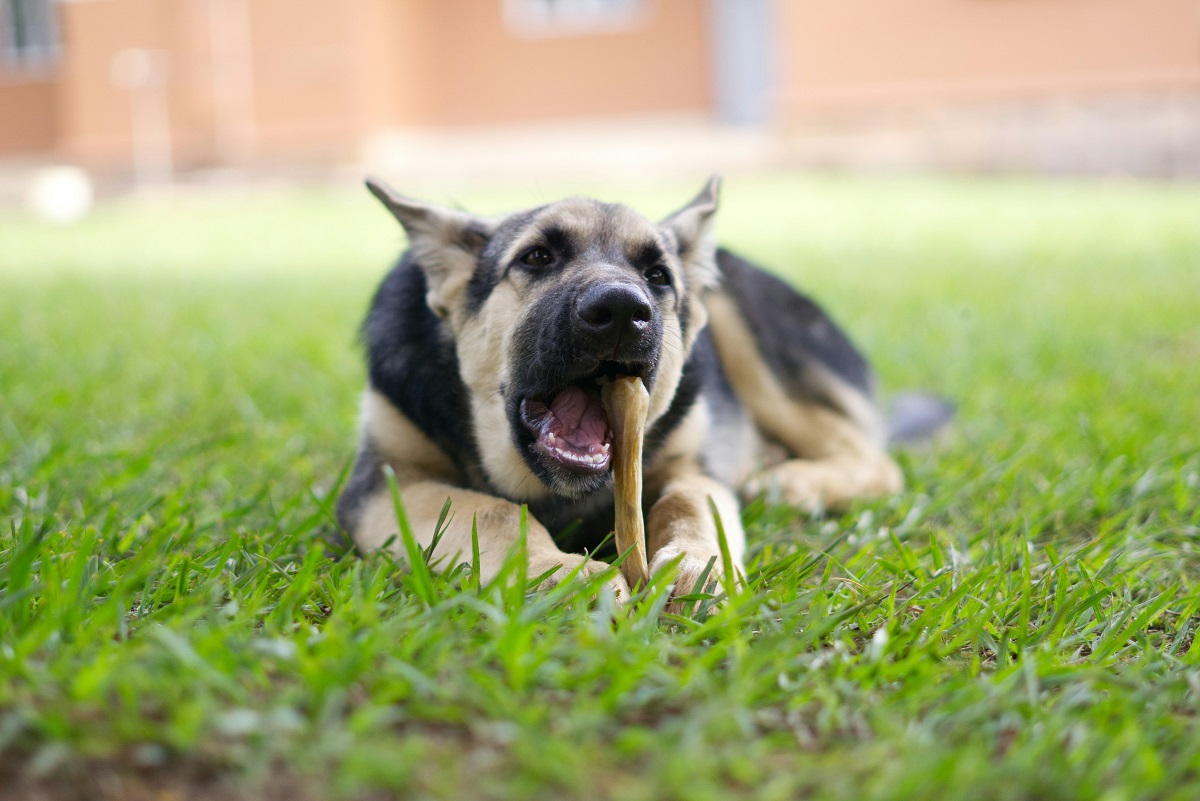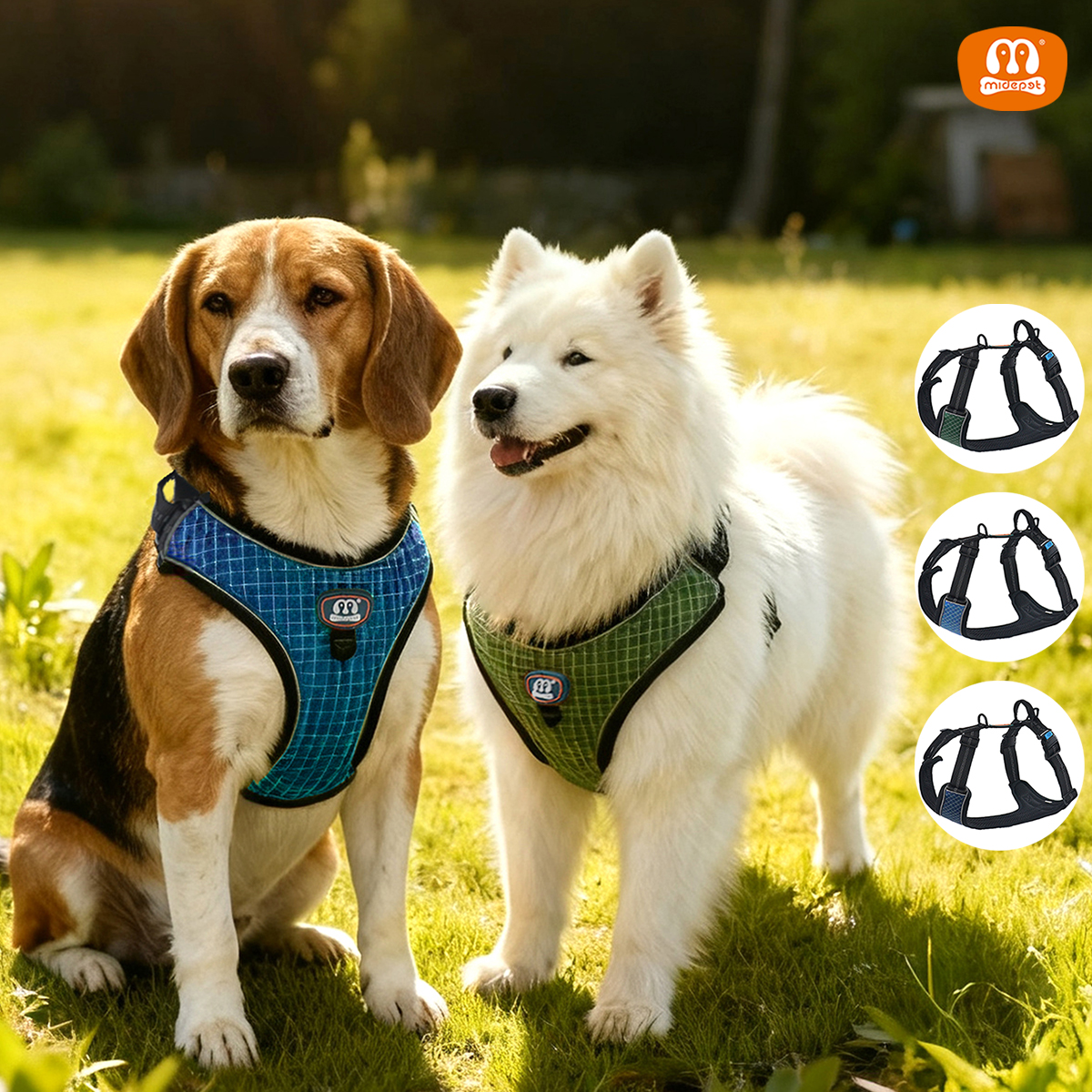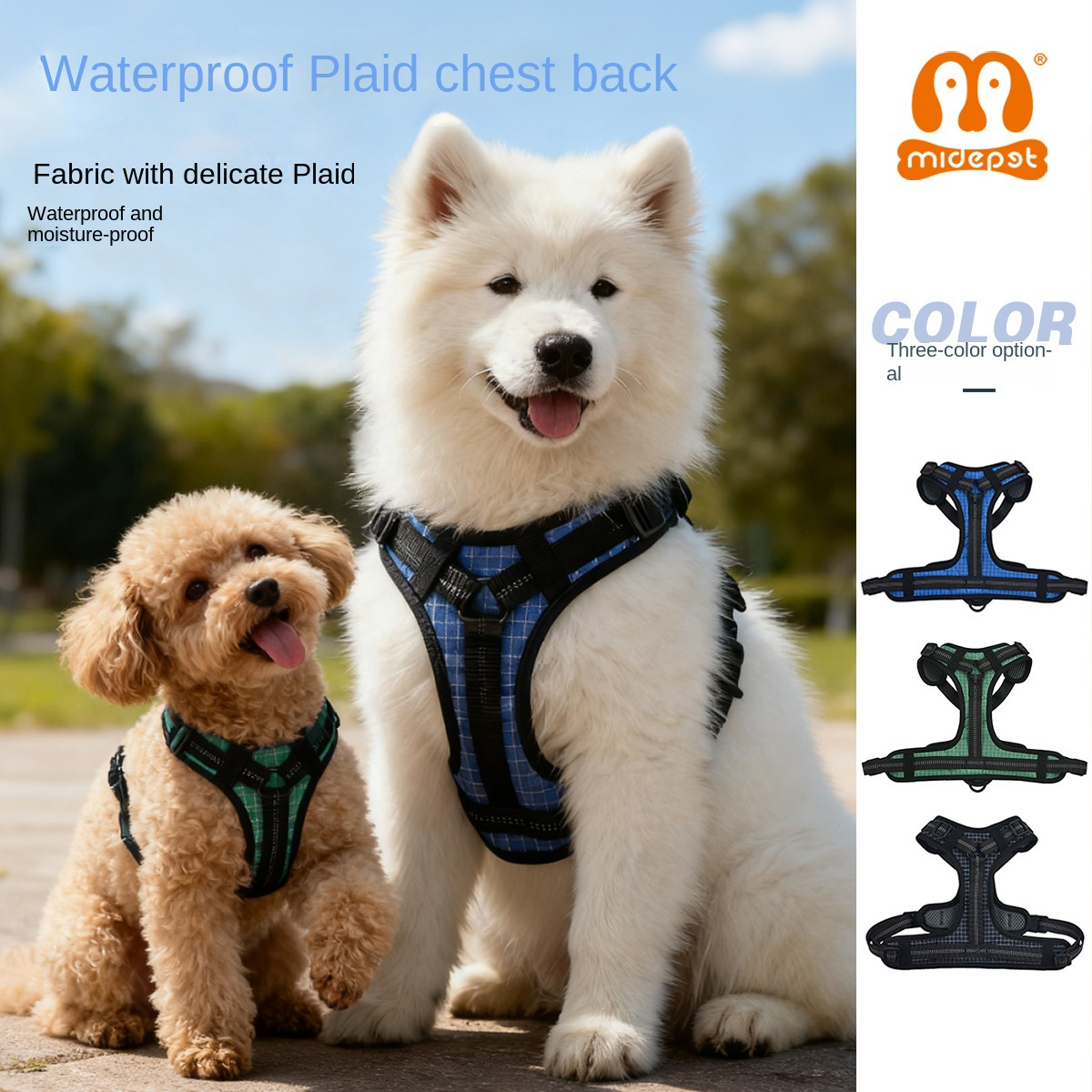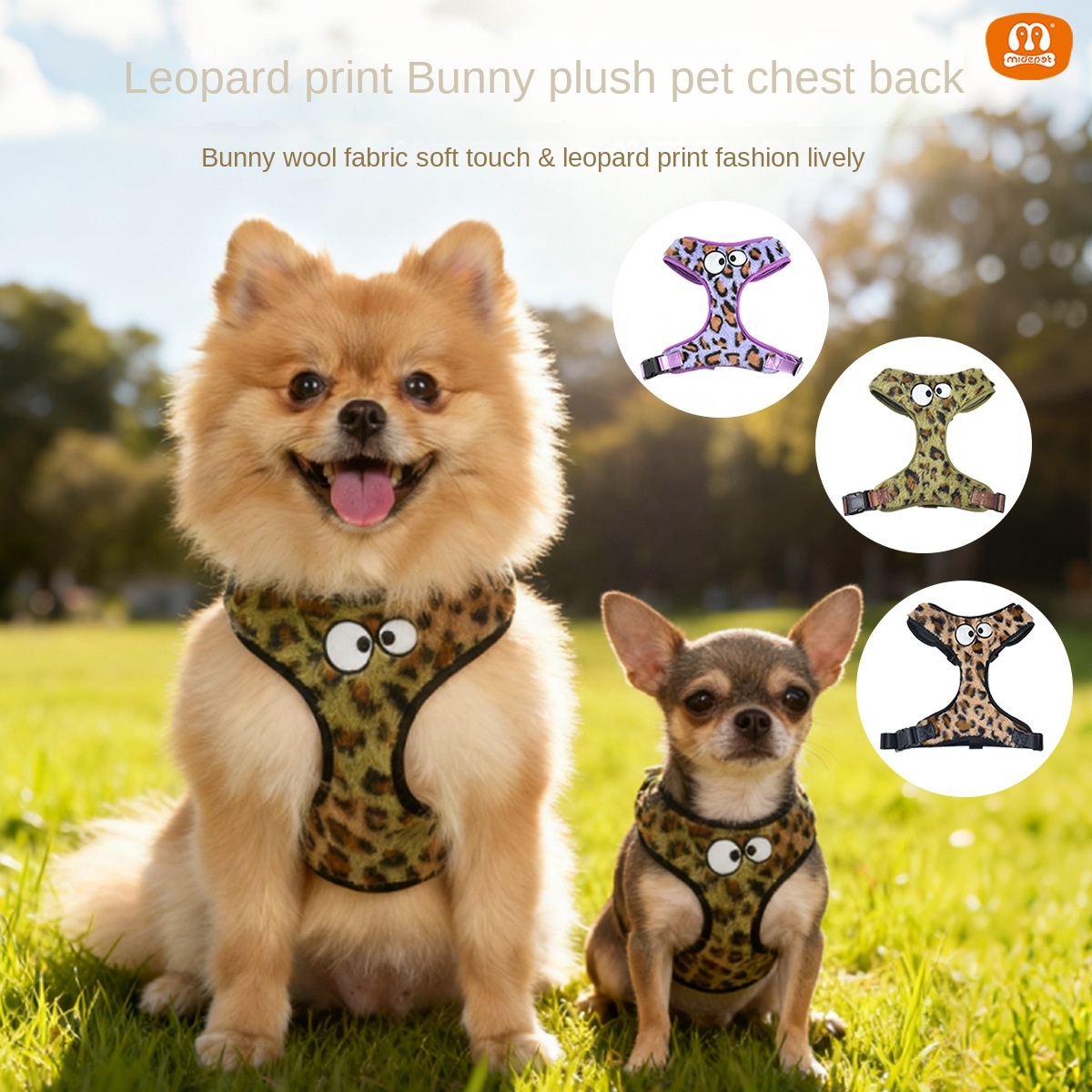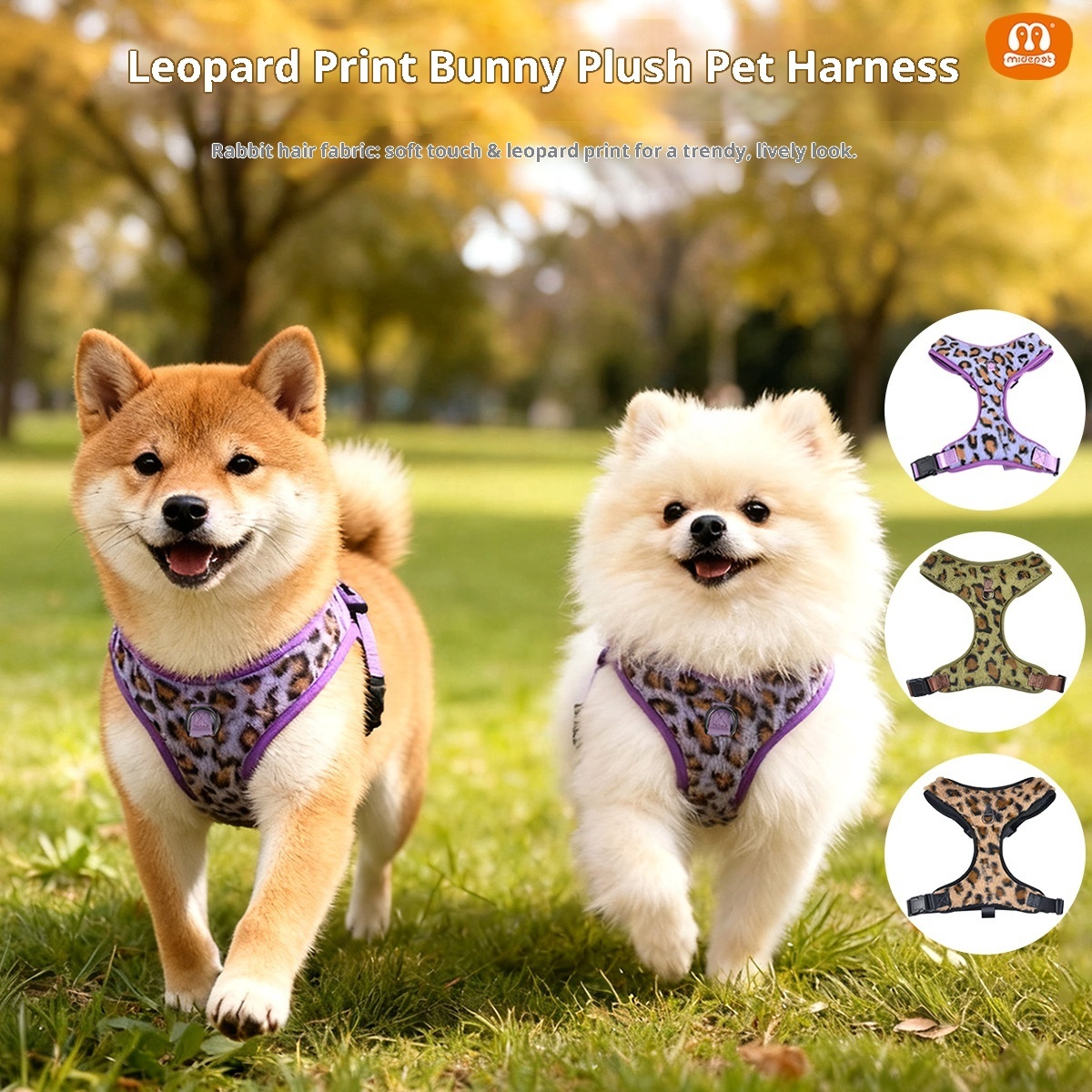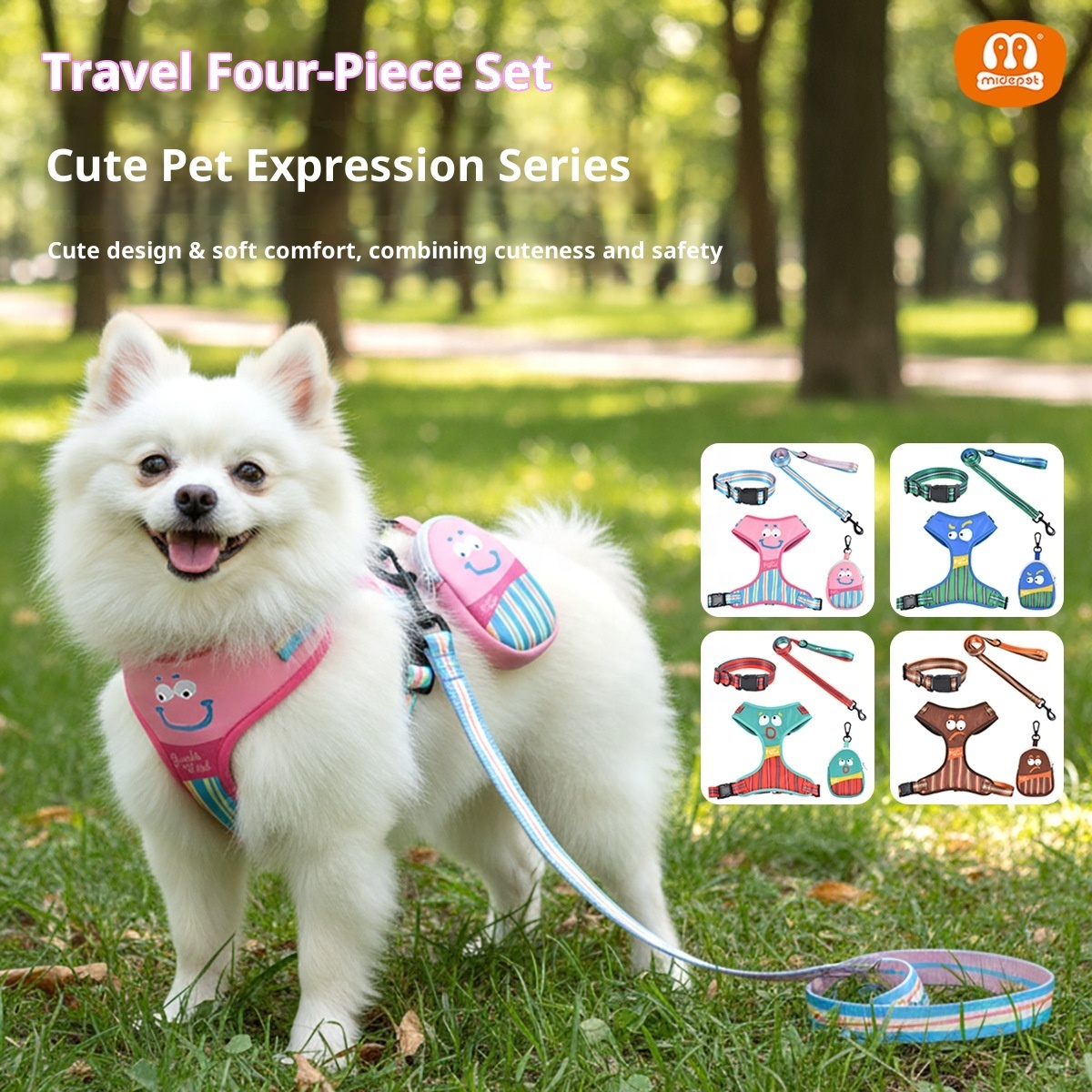Why Do Dogs Bury Bones
Why Do Dogs Bury Bones? Unraveling the Mystery Behind This Quirky Behavior
Ever wonder why your dog insists on digging up your garden or hiding bones in the strangest places? This age-old canine behavior of burying bones (and sometimes toys) has puzzled dog owners for generations. From their wild ancestry to simple instincts, let’s dive into why dogs bury bones and explore the deeper meanings behind it.
1. Why Do Dogs Like Bones?
First, to understand why dogs bury bones, it helps to know why they like bones in the first place. Dogs love bones for several reasons:
Natural Instinct: Dogs have a natural urge to chew, and bones satisfy that primal need. Chewing helps keep their teeth strong and clean, which is a plus for their overall health.
Nutritional Value: Believe it or not, bones are packed with nutrients. They’re full of calcium and phosphorus, two minerals that are great for your dog’s bones (ironic, right?) and teeth. This makes bones both a tasty and healthy snack for them.
Satisfying & Entertaining: Bones aren’t just food; they’re a source of entertainment. For dogs, chewing on a bone is like a puzzle—they can gnaw on it for hours without getting bored, and the experience is both physically and mentally satisfying.
Evolutionary Roots: Wild dogs and wolves used to scavenge for food, and bones were often all that remained after a feast. These ancestors consumed bones for survival, and modern dogs have inherited that trait, even though they now have an endless supply of kibble.
2. Why Do Dogs Bury Bones?
Now that we know why dogs love bones, why do they feel the need to hide them? This behavior, while confusing to us, actually makes a lot of sense from an evolutionary perspective.
Instinctive Behavior: Long before your dog had the comfort of home, food wasn’t always easy to come by in the wild. Dogs’ ancestors had to bury surplus food, including bones, to keep it safe for later. By burying it, they ensured their meal would still be there when they were hungry again.
Protecting Resources: Even today, dogs bury bones to hide them from potential “thieves” (whether real or imaginary). They may be the only dog in the house, but the instinct to guard valuable resources remains strong.
Saving for Later: Sometimes, dogs will bury bones simply because they’re full. Instead of wasting perfectly good food, they store it away for future snacks. It’s their version of food storage, like us putting leftovers in the fridge!
Comfort & Satisfaction: Some dogs find burying bones to be a deeply satisfying activity. Digging a hole, placing the bone, and covering it up is a fun and rewarding task that taps into their instincts. It gives them a sense of accomplishment, even if they never plan to dig it up.
3. Dog Bone and the Dirt: What’s the Meaning Behind It?
So, why bury bones in dirt? There’s actually more to it than just hiding their treasures.
Masking the Scent: In the wild, burying food helps mask its scent from predators. Even though your dog’s biggest threat is probably the neighborhood squirrel, the instinct to hide food from other animals still runs deep.
Ownership & Possession: Dogs are territorial creatures, and burying bones is a way to mark ownership. By burying something valuable, they’re claiming it as their own and ensuring no one else can take it.
Cooling & Preserving: The cool dirt acts as nature’s refrigerator, helping to preserve the bone for later. Burying it underground slows down the decay process, keeping the bone fresh when your dog comes back to retrieve it.
4. Why Do Dogs Bury Their Toys?
It's not just bones that dogs bury. Sometimes, your furry friend might decide their favorite toy deserves the same treatment. Here’s why:
Attachment to Toys: Just like bones, toys are valuable possessions to your dog. They may view their toys as precious items that need to be “protected,” and burying is their way of safeguarding them.
Stress or Anxiety: In some cases, burying toys (or other items) can be a coping mechanism for dogs dealing with stress or anxiety. It’s their way of finding comfort, similar to how humans might use stress balls or comfort objects.
Fun and Play: Sometimes, it’s as simple as this—burying is fun! Digging, hiding, and retrieving are all part of a game that taps into your dog’s playful nature. For many dogs, the act of burying something is just as enjoyable as playing fetch or tug-of-war.
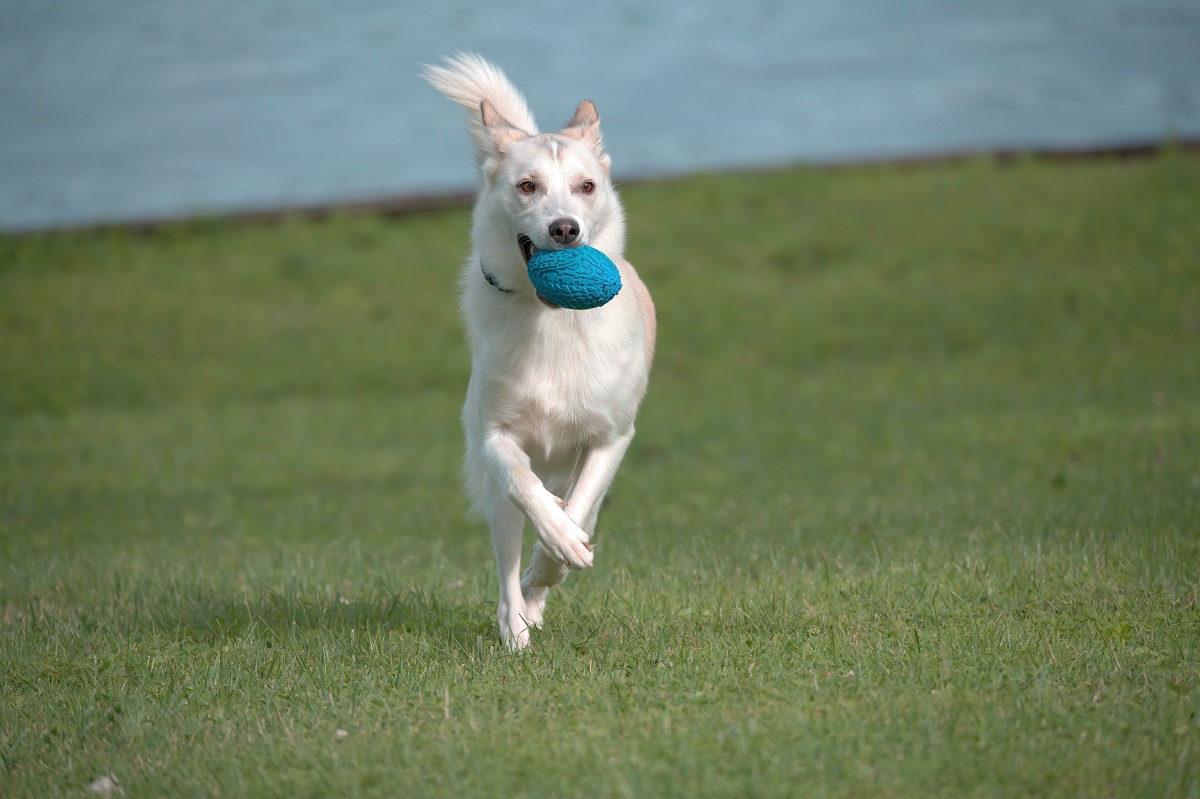
5. How to Manage This Behavior
While burying is a natural behavior, it can become a problem if your dog is constantly digging up your yard or hiding things where they shouldn’t. Here are a few tips to help manage this behavior without completely suppressing their instincts:
Provide the Right Toys and Treats: Give your dog toys that satisfy their need to chew and dig. Puzzle toys, chew toys, or treat-filled toys can keep them busy and reduce the urge to bury.
Limit Food Surplus: Avoid giving your dog too much food or too many bones at once. This will help reduce the likelihood of them feeling the need to bury anything for later.
Designate a Digging Spot: If your dog loves to dig, give them a designated digging area in your yard. You can encourage them to bury toys or bones in that specific spot, which keeps the rest of your yard intact.
Understand and Accept: Burying is a natural part of your dog’s behavior. Instead of trying to stop it completely, try to understand their needs and provide outlets for them to express their instincts in a healthy way.
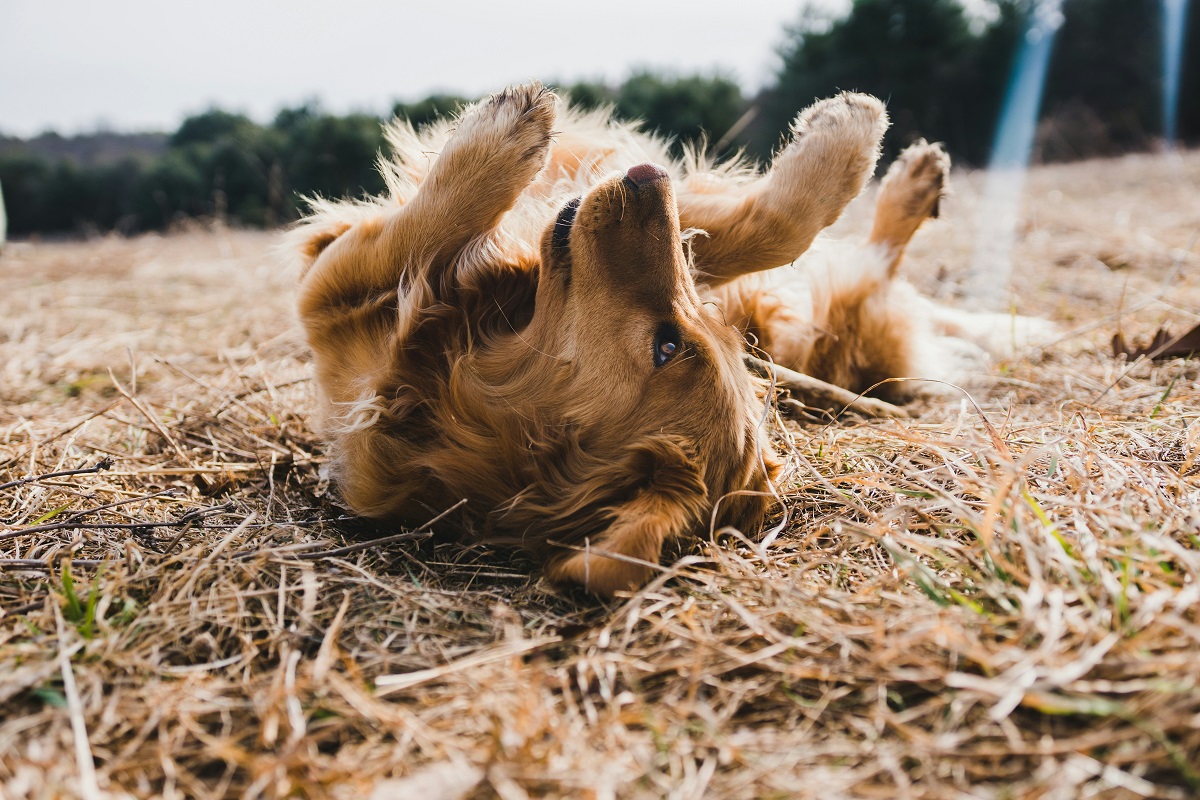
Conclusion
Whether it’s bones, toys, or other treasured items, burying things is just one of those quirky dog behaviors that come from their wild ancestors. From saving food for later to protecting valuable resources, dogs have been burying things for centuries. As modern dog owners, understanding this behavior—and knowing how to manage it—can help keep both you and your pup happy.
FAQs
Why do dogs like bones?
Dogs love bones because they satisfy their natural urge to chew and provide important nutrients.
Is it normal for dogs to bury their toys?
Yes, burying toys is normal and usually indicates that the dog values them as possessions or is simply playing.
Should I stop my dog from burying things?
You don’t need to completely stop this behavior. Instead, manage it by providing appropriate toys and designated digging areas.


